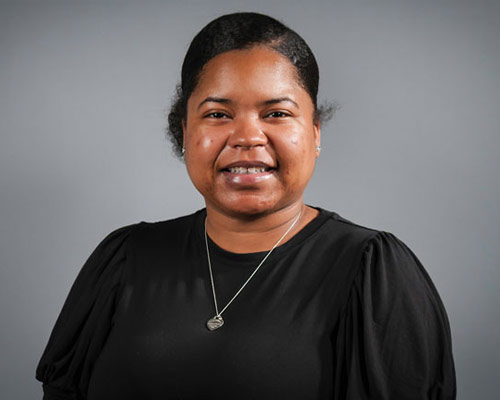
Criminology and Criminal Justice (BA)
Ever wondered why crime happens? Want to understand the fascinating world of detectives, courts, and prisons? Then dive into Webster’s bachelor’s degree in Criminology and Criminal Justice. Explore the “why” behind criminal behavior, the “how” of law enforcement and justice, and the “what” we can do to make our communities safer. You'll dig deep into real-world issues like cybercrime, mass shootings, and racial bias in the system. Plus, you'll learn powerful data analysis skills used by professionals to solve cases and track trends.
Webster’s Criminology degree gives you hands-on experiences through research and internships that put theory into practice and build your skill set. This program is designed for students who want to:
Our comprehensive curriculum covers a wide variety of topics including human behavior, the criminal justice system, and crime data analytics so you’re prepared for whichever career path you choose. You will graduate with the ability to:
You’ll complete 43 major credit hours to earn your Bachelor of Arts in Criminology and Criminal Justice. This is in addition to general education requirements and a minimum of three hours in a nonnative language.
The 43 credit hours required for the Criminology and Criminal Justice major include the following courses:
Your degree in Criminology and Criminal Justice opens doors to diverse opportunities! You’ll be well prepared for variety of careers, such as those listed below. Whichever path you choose, you create a safer, fairer, and more just world.
Annual Median Salary
(National, May 2022)
Annual Median Salary
(National, May 2022)
Annual Median Salary
(National, May 2022)
Source: Bureau of Labor Statistics
Webster is committed to your success, and you'll never be alone as you pursue your Bachelor of Arts in Criminology and Criminal Justice.
Earn your Criminology and Criminal Justice degree from Webster University, an independent, nonprofit university accredited by the Higher Learning Commission (HLC).
Combine theory and practice as you work alongside faculty members with professional experience in the system. They serve as mentors who are willing and eager to support your career goals.

Being inside has a major impact on the mental health of someone; I want to prepare people for a positive life after imprisonment.
- Kia Wyatt
BA in Criminology, ‘21